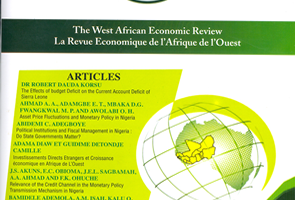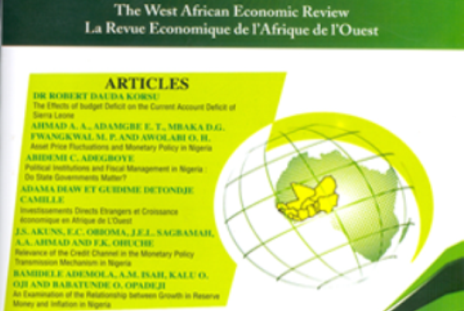Financial Development And Export Diversification In Nigeria: Evidence From The Auto Regressive Distributed Leg (Ardl) Approach
Moses K. Tule and Victor Ugbem Oboh
Abstract
The paper empirically investigates the nexus between financial development and export diversification in Nigeria. Using the ARDL approach with annual data covering 1981 to 2015, the findings suggest that financial development is a significant requirement for diversifying Nigeria’s export base. Specifically, the study indicates that a 1per cent increase in domestic credit to the private sector would lead to 0.046 per cent increase in export diversification. For a developing economy like Nigeria that is eager to diversify, these findings suggest that government should design macroeconomic policies that would encourage the channeling of more affordable credit to the private sector.
JEL Codes: E44, G20, O16.
Keywords: Financial development, diversification, ARDL, private sector.


